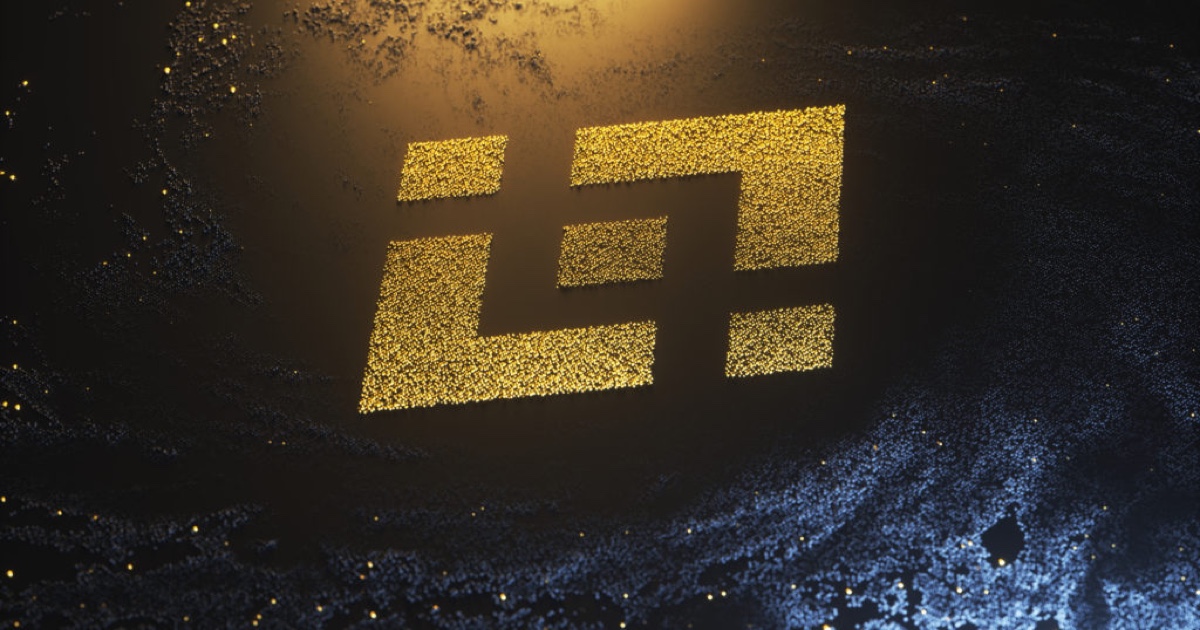BNB Chain Completes Pascal Hardfork for Faster Transactions
20.03.2025 19:00 2 min. read Alexander Stefanov
BNB Chain has rolled out its Pascal Hardfork on March 20, marking a significant step in the blockchain’s evolution.
This update is aimed at enhancing transaction efficiency while also boosting compatibility with the Ethereum Virtual Machine (EVM). At the heart of this upgrade is Ethereum Improvement Proposal (EIP) 7702, which introduces several advanced features.
One of the major upgrades included in Pascal is the addition of smart contract wallets. These wallets temporarily act as smart contracts, allowing for gas-free transactions, batch approvals, and more efficient asset swaps. This enhancement not only streamlines user experience but also offers more flexibility for developers working on decentralized applications (dApps).
In anticipation of the update, BNB Chain has instructed node operators, validators, and exchanges to perform necessary system updates to avoid disruptions. If these updates aren’t applied, nodes may fall out of sync, which could impact the network’s operation. Developers are also advised to ensure that their dApps align with the new transaction protocols introduced by the hardfork.
This upgrade is just one of several on the horizon for BNB Chain. Looking forward, the Lorentz Hardfork, set for April 2025, is expected to bring a major speed improvement by reducing block times to 1.5 seconds. The network’s enhancements will continue with the Maxwell Hardfork in June 2025, which will push block processing times to an impressive 0.75 seconds, offering even faster transaction speeds
-
1
Cardano Leads Developer Activity, Ethereum Maintains Ecosystem Dominance
23.06.2025 20:00 1 min. read -
2
Kraken’s Ink Chain Ramps Up Usage as Token Launch Approaches
23.06.2025 18:00 1 min. read -
3
Canton Network Developer Secures $135M to Expand Institutional Blockchain Use
25.06.2025 12:00 1 min. read -
4
Coinbase Brings Cardano and Litecoin to DeFi via New Wrapped Tokens on Base
26.06.2025 18:00 1 min. read -
5
XRP Ledger Sees Sharp Drop in Activity as Key Network Metrics Tumble
26.06.2025 19:00 1 min. read
Top 10 blockchains by transaction volume in June 2025
New data highlights a dramatic lead for Solana in blockchain activity for June 2025. According to the figures, Solana processed a staggering 2.98 billion transactions, far outpacing all other chains in the ecosystem.
Top 10 AI and Big Data Crypto Projects by Development Activity
According to new insights from market intelligence platform Santiment, development activity in the crypto sector’s AI and Big Data segment remains strong, with several major projects showing notable GitHub activity over the past 30 days.
XRP Ledger Deploys EVM-Compatible Sidechain to Expand Multichain Utility
The XRP Ledger (XRPL) has officially launched its Ethereum Virtual Machine (EVM) sidechain on mainnet — marking a major milestone in its effort to bridge XRP’s payment efficiency with Ethereum’s smart contract capabilities.
What the U.S. Blockchain Act Means for Crypto’s Future
The U.S. House of Representatives has taken a major step toward digital asset regulation by passing the Deploying American Blockchains Act of 2025.
-
1
Cardano Leads Developer Activity, Ethereum Maintains Ecosystem Dominance
23.06.2025 20:00 1 min. read -
2
Kraken’s Ink Chain Ramps Up Usage as Token Launch Approaches
23.06.2025 18:00 1 min. read -
3
Canton Network Developer Secures $135M to Expand Institutional Blockchain Use
25.06.2025 12:00 1 min. read -
4
Coinbase Brings Cardano and Litecoin to DeFi via New Wrapped Tokens on Base
26.06.2025 18:00 1 min. read -
5
XRP Ledger Sees Sharp Drop in Activity as Key Network Metrics Tumble
26.06.2025 19:00 1 min. read


